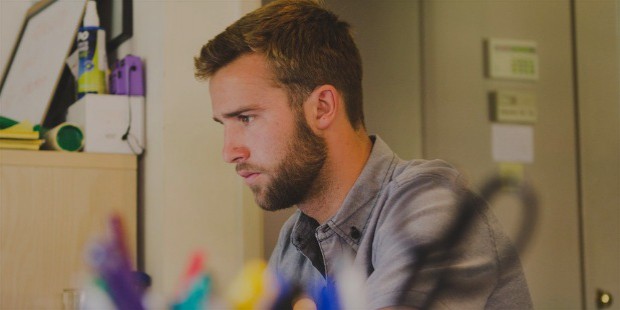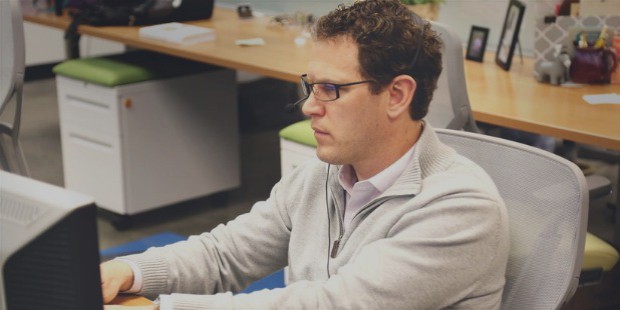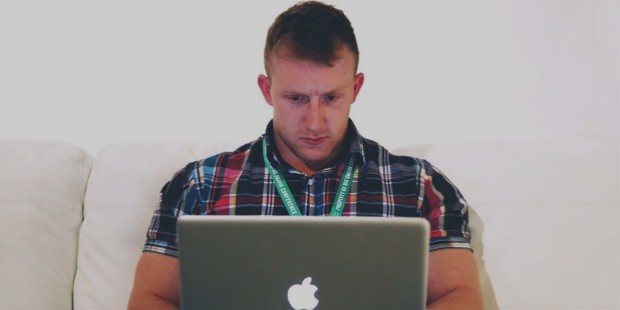Why You Shouldn't be too Conscientious?

If you are in the habit of doing a job thoroughly after painstaking preparation, with great effort, focus on accuracy, and eye for detail, then you belong to the Conscientious category. Conscientious people are an asset to any organization as they are honest, don’t indulge in malpractice, have long-term goals in mind and avoid taking impulsive decisions. You are self- motivated and don’t shirk from responsibility or work. You are well organized, meticulous and can’t think of making a mistake.
However, you might have observed that too much of a good thing can turn out to be counter-productive in life. It applies to conscientiousness as well. When you are working alone, it doesn’t matter, for example, an artist or a sculptor. However, if you are in team activities, your conscientious trait can have some negative consequences too. It can cause trouble in family relationship and friendships as well.
Here are some of the ill effects if you are too Conscientious
1. You May Put Undue Stress on Others

Conscientious people not only have an eye for detail but may also be adamant about discipline, procedures, routines and punctuality. When other team members are not able to cope up with it or are unable to raise their standards, it creates stress within you and the group.
2. Taking Undue Blame

If you are part of a group and it fails to do a task or if the quality is compromised with, you may take the entire blame for the shortcomings and deeply regret your performance, feel shame or guilty for no fault of yours.
3. It May Cause Fall in Productivity

Conscientious people tend to be focussed on the perfection of the product or service which may lead to lower amount of work done, lower production and therefore lower productivity for the company or group. Too much focus on quality can cause missed deadlines and lower financial performance.
4. Conscientiousness May Hamper Creativity and Innovation

When too much attention is paid to details, rules and methods, creative and innovative oriented people may find the atmosphere stifling and this could lead to their dissatisfaction or fall in performance levels. Sometimes, innovators and creative people are eccentric and absent minded.
5. Conscientiousness May Lead to Depression

As a general rule, conscientious people help organizations to do better as they are highly motivated and set goals. But in times of crisis or unemployment, they could turn to depression due to their high dissatisfaction levels. It could even turn out to be a personality disorder.
6. Conscientiousness Can Cause Trouble in Family

It is not only the workplace that is impacted by too many Conscientious people, but family life can also be troublesome as they expect others family members to be neat, clean, and keep the surroundings tidy, follow rules and procedures. Children who love fun, laughter, and getting into mischief may find the atmosphere too rigid.
7. Conscientious People May Not See the Bigger Picture and Burn Out Fast

Conscientious people may be good at examining the minute details and compartmentalize tasks but they often are unable to see the larger picture. Being workaholics, they burn out fast causing fatigue and illness. The positive qualities of the conscientious turn out to be counter- productive if they are not properly channelized.
Conscientiousness is associated with positive qualities in a person but they do have disadvantages and shortcomings. Psychologists believe that the dark side of Conscientiousness was often overlooked as not much research was done to understand the phenomenon. Yet, there is no reason to discourage this personality trait but help them remain within limits.









